MIT
“Delivering drugs this way could offer less systemic toxicity and is more local, comfortable, and controllable,” said Canan Dagdeviren, an associate professor in MIT’s Media Lab and the senior author of the study, in a statement.
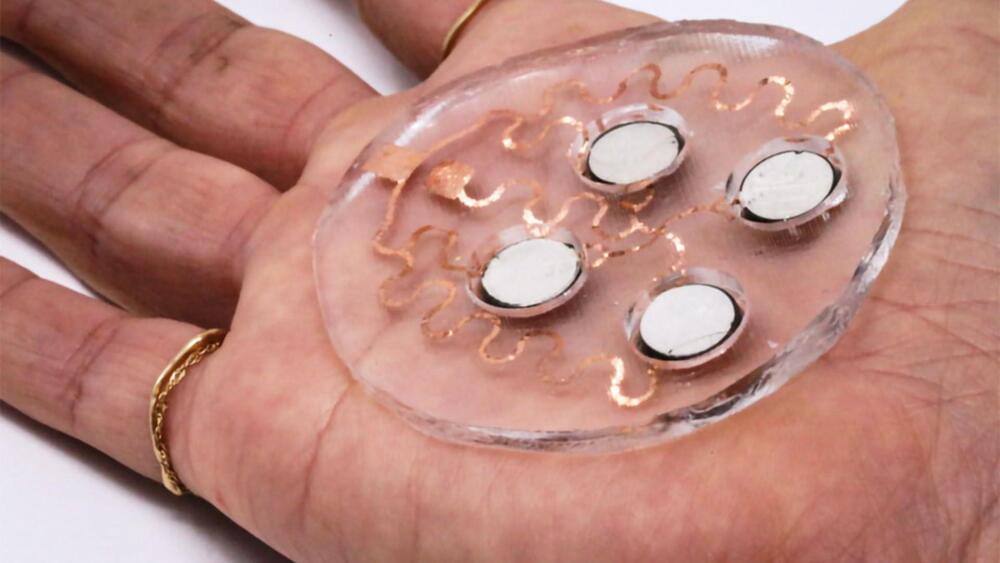

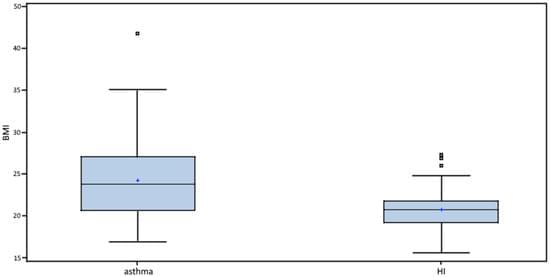
Introduction: Asthma as a chronic inflammatory disorder has been suggested as a risk factor for endothelial dysfunction (ED), but studies on the association between asthma and cardiovascular disease (CVD) risk are limited. Background: We assessed associations of ED with the severity of asthma, eosinophilic inflammation, lung function, and asthma control. Methods: 52 young asthmatics (median age of 25.22 years) and 45 healthy individuals were included. Demographic, clinical, and laboratory findings were recorded. We evaluated microvascular responsiveness by recording the reactive hyperemia index (RHI) indicating post-occlusive peripheral endothelium-dependent changes in vascular tone using the Itamar Medical EndoPAT2000. VCAM-1, ADMA, high-sensitive CRP (hsCRP), and E-selectin were measured. Results: Asthmatics had considerably lower RHI values (p < 0.001) with a dynamic decreasing trend by asthma severity and higher hsCRP levels (p < 0.001). A substantial increase in hsCRP and E-selectin with asthma severity (p < 0.05) was also observed. We confirmed a higher body mass index (BMI) in asthmatics (p < 0.001), especially in women and in severe asthma. Conclusions: We demonstrated the progression of CVD in asthmatics and the association of the ongoing deterioration of ED with the inflammatory severity, suggesting that the increased risk of CVD in young asthmatics is dependent on disease severity. The underlying mechanisms of risk factors for CVD and disease control require further study.
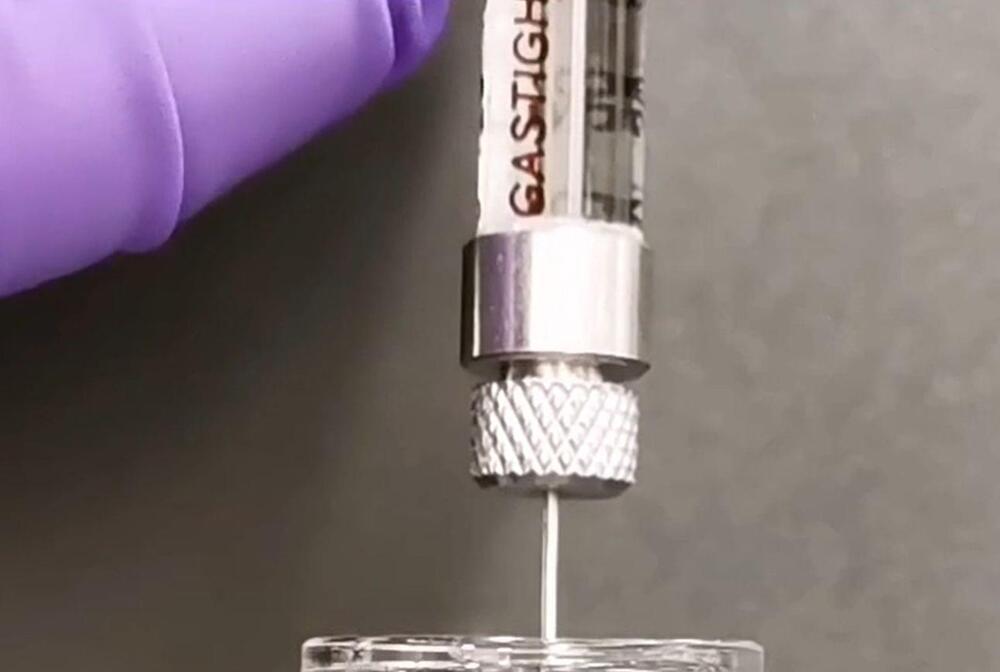

The changes in the composition of joint lubricant may lead to osteoarthritis, a new study shows.
Osteoarthritis is a bone disease that primarily targets joints after the cushioning system between the ends of two bones suffers wear and tear. The rupture of the protective layer, known as the synovial joint, leads to the degeneration of the articular cartilage that forms the synovial joint.
The latest study has indicated that changes in the composition of the fluid present in the synovial joints, named synovial fluid, actually cause osteoarthritis. The study, published in Biointerphases, showed that changes in the composition of synovial fluid reduce its ability to lubricate the articulating cartilage tissue, thereby leading to cartilage damage.
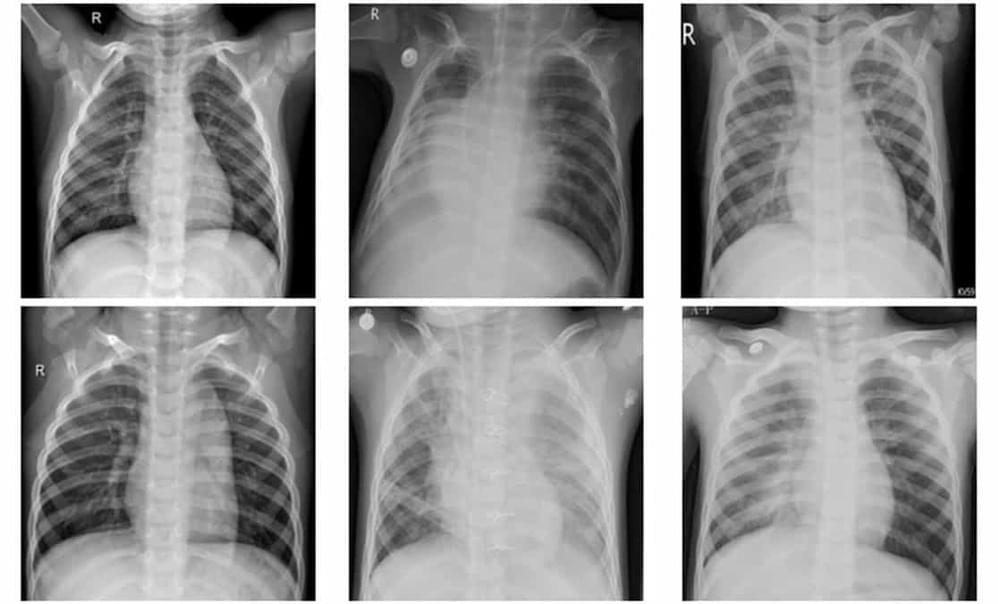
Pneumonia is a potentially fatal lung infection that progresses rapidly. Patients with pneumonia symptoms – such as a dry, hacking cough, breathing difficulties and high fever – generally receive a stethoscope examination of the lungs, followed by a chest X-ray to confirm diagnosis. Distinguishing between bacterial and viral pneumonia, however, remains a challenge, as both have similar clinical presentation.
Mathematical modelling and artificial intelligence could help improve the accuracy of disease diagnosis from radiographic images. Deep learning has become increasingly popular for medical image classification, and several studies have explored the use of convolutional neural network (CNN) models to automatically identify pneumonia from chest X-ray images. It’s critical, however, to create efficient models that can analyse large numbers of medical images without false negatives.
Now, K M Abubeker and S Baskar at the Karpagam Academy of Higher Education in India have created a novel machine learning framework for pneumonia classification of chest X-ray images on a graphics processing unit (GPU). They describe their strategy in Machine Learning: Science and Technology.
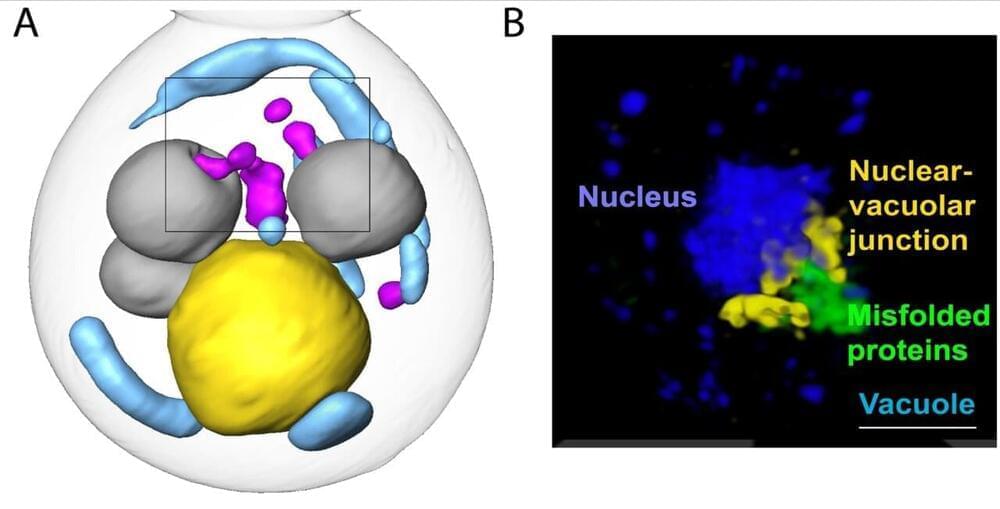
Misfolded proteins are toxic to cells. They disrupt normal functions and cause some age-related human degenerative diseases, like Alzheimer’s, Parkinson’s, and Huntington’s diseases. Cells work constantly to eliminate misfolded proteins, but these clearance mechanisms are still poorly understood.
In a new study published April 20 in Nature Cell Biology, researchers at Stanford University discovered a previously unknown cellular pathway for clearing misfolded proteins from the nucleus, the compartment where the cell stores, transcribes, and replicates its DNA. Keeping junk away from those processes is critical to normal cellular function. The new pathway could be a target for age-related disease therapies.
To find the new pathway, researchers in the lab of Judith Frydman, the Donald Kennedy Chair in the School of Humanities and Sciences, integrated several genetic, imaging, and biochemical approaches to understand how yeast cells dealt with misfolded proteins. For the experiments, the team restricted misfolded proteins to either the nucleus or the cytoplasm—the area inside the cell but outside the nucleus. The team visually followed the fate of the misfolded proteins through live-cell imaging and super-resolution microscopy.

The US is currently experiencing its worst-ever outbreak of bird flu, also known as avian influenza — and a new study has found that the strain could become endemic in the country.
The outbreak is “wiping out everything in numbers we’ve never seen before,” Jennifer Mullinax, an assistant professor of environmental science and technology at the University of Maryland, told Sky News. The new H5N1 strain has already killed over 58 million chickens, turkeys, and other birds, Reuters reported.
The US is no stranger to the impact of the disease, with the H5N8 strain having led to the culling of 50 million birds in 2015. But the new, more contagious strain is particularly affecting wild birds, Sky News reported.
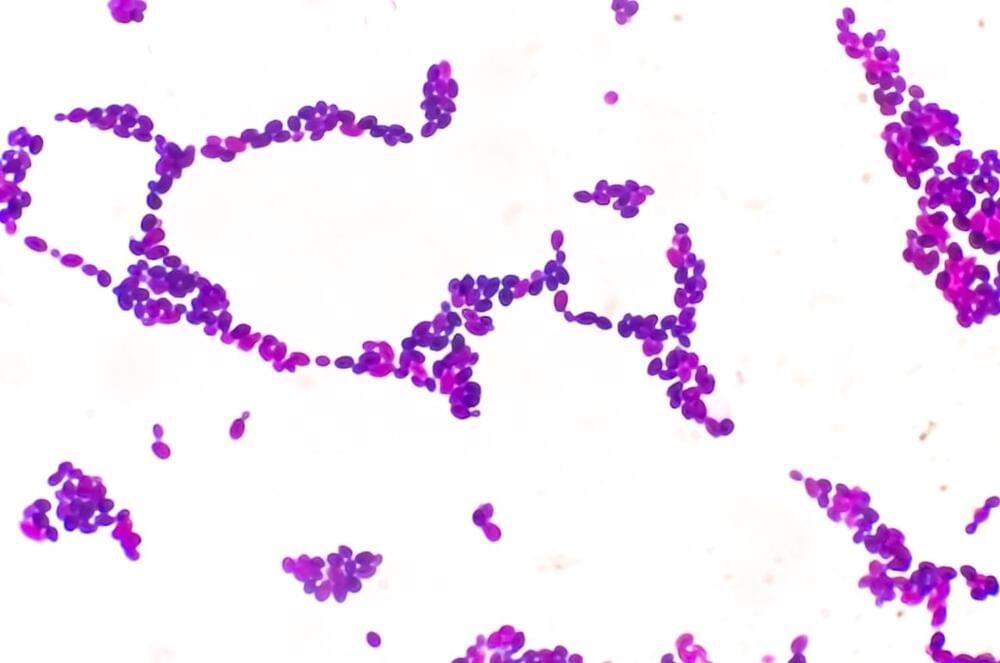
(NEXSTAR) – A deadly fungus spreading in more than half of U.S. states is so concerning in part because of the way it has evolved to be resistant to both antimicrobial cleaning products and anti-fungal drugs, the Centers for Disease Control and Prevention recently warned.
The fungus, Candida auris or C. auris, has mainly spread in health care settings, like hospitals and nursing homes. Counterintuitively, because hospitals are disinfected so frequently, they can be the birthplace of bacteria or fungus that are resistant to cleaning products and to treatments.

Plants that glow under ultraviolet (UV) light aren’t just inventions of science fiction TV and movies. Roots of a traditional medicine plant called the orange climber, or Toddalia asiatica, can fluoresce an ethereal blue hue. And now, researchers have identified two coumarin molecules that could be responsible. These natural coumarins have unique fluorescent properties, and one of the compounds could someday be used for medical imaging. Their study is published in ACS Central Science.
Fluorescent substances take in UV light that is directed on them and release vibrantly colored visible light. And some glow even more brightly when they are close together, a phenomenon seen in compounds called aggregation-induced emission luminogens (AIEgens). They are key components in some optical devices, cellular imaging techniques and environmental sensors. However, these molecules are usually made in a lab, and many are toxic. Some plants already have this ability, so, Ben Zhong Tang, Zheng Zhao, Xiao-Dong Luo and colleagues turned to nature to find naturally occurring and safer AIEgens.
The researchers dried orange climber roots, crushed them into a powder, and then isolated and identified coumarin compounds with aggregation-induced emission properties: 5-methoxyseselin (5-MOS) and 6-methoxyseselin (6-MOS). When dissolved in an organic solvent, 5-MOS exhibited a blue-green glow and 6-MOS had a slightly dimmer blue glow. In addition, both AIEgens had low cytotoxicity and good biocompatibility.